Certamen Consorcio Artist Q&A
Patricia Muñiz
Q: Has Covid-19 affected the Flamenco community, dance/arts scene, industry, programming etc? And how might this influence the future of Flamenco?
A: Well, in my country the flamenco industry has been greatly impacted. Before the pandemic flamenco was struggling greatly with few dancers, students, shows contracts, and musicians. They were only three tablaos in the city providing Flamenco shows which all of them depended on tourists. We only had 6 professional bailaoras and 1 bailaor, 2 guitarists (one very limited of time), one cantaora, and 3 percussionists. All of them right now are not working as flamenco dancers because there are no shows being performed.
Also, the classes have been greatly diminished. I have been a bit more active.
My teacher, Antonio Santaella, which has 50 years of flamenco teaching, is currently not giving classes due to him being not technical enough to provide online classes and being in the high-risk group of Covid-19 victims he is not giving presential classes.
Q: On the topic of social justice, particularly relating to race, gender, and sexual orientation, how may or my not flamenco support inclusivity and social change?
A: Until now, we haven’t had any problems regarding all of the above mentioned.
The only thing that I can mention is that, from my perspective, there’s a lot of women practicing and very interested in flamenco. I haven’t had any male students. Currently, there are 2 males on the whole island that take classes. That I know of. Maybe there’s a misconception that flamenco is mainly for women. That is something that I should investigate more about.
Q: Beyond understanding history, how does one learn to become a part of flamenco culture? Is flamenco accessible to everyone? Is appropriation an issue in the flamenco industry?
A: One becomes part of the flamenco culture by studying, talking, educating, respecting, admiring, and promoting flamenco on all the given opportunities possible.
Flamenco is not accessible for everyone. I wish it could be. But, unfortunately in my country it is not that popular as I wish it could be.
Note: I once gave a show in one of the worst “barrios” on my island and got a lot of comments about how impressed they were. (I was SUPER scared)
Q: How or does Flamenco continue to evolve? What are the arguments for traditional flamenco vs. contemporary flamenco?
A: As everything does, yes flamenco also evolves. But I prefer to learn, teach and perform in the most “traditional” way. I am not interested in the contemporary style. For now.
The arguments I have heard are that (in my own words): “because of many flamenco dancers in the world, one to stand out must evolve and dance in different ways and make different approaches using flamenco as a base.”
Q: Is flamenco valued everywhere? Are there particular locations or places where flamenco is supported more than others, and vice-versa? Do flamenco artists feel limited in where and how they can "succeed?"
A: I think that flamenco is not valued everywhere. The word “everywhere” includes so much that I think not. Yes, I do think there are particular places in which Flamenco is greatly respected and supported. I have seen that Venezuela, Mexico, and Japan have A LOT of flamenco dancers and students. In my country is very little known. One of my goals is to reach more people and attract more people to like, learn and appreciate flamenco just like many other countries do.
YES, YES and YES, I do feel limited to where and how I can succeed. I think, that when most people get to understand that Flamenco is not Gypsy Kings, Rumbas, or danza Española, they back off.
Q: What is it like to be a part of the flamenco community? Who does it, why, and what are their intentions for being a part of it?
A: What I have been telling my students is the following: “How many friends do you know that dance ballet, hip hop, jazz, and/or urban dance? Now, think about how many friends or people you know that dance flamenco. Flamenco makes you special because flamenco IS special.”
Being part of the flamenco community is having something to feel special and feel blessed to be part of. That feeling when you get to cry or get goosebumps when watching a live flamenco show or tablao is one of the indications that you truly love, admire, and are passionate about.
Also, being part of the flamenco community is an amazing way to help you get answers and ideas.

